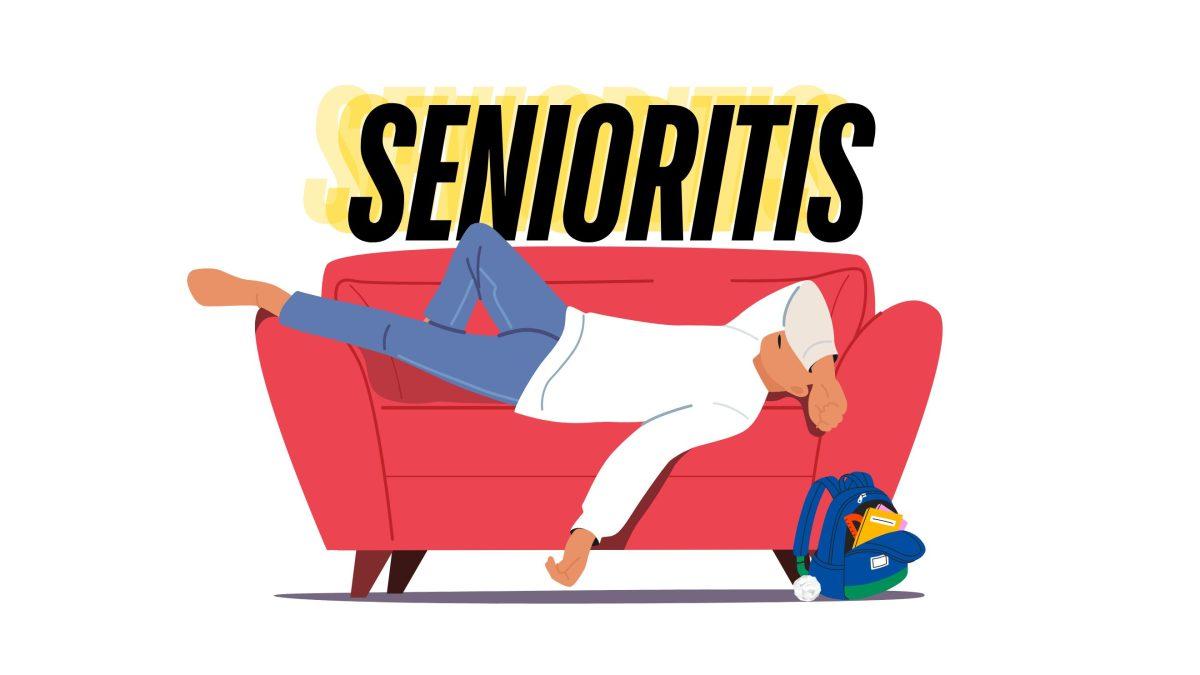As senior students drag themselves through the hallways of Indian Hills, underclassmen and faculty witness a national phenomenon: senioritis. This term, frequently brought up by seniors attesting to its reality and faculty weary of its use as an excuse, sounds like a joke. However, senioritis may be real and more complex than just a lack of motivation.
According to Education World, senioritis can be a manifestation of stress, depression, and anxiety—all of which revolve around fear and uncertainty about the future. Although graduating high school is exciting and somewhat relieving, it can be hard for seniors to fully process their emotions around leaving home, entering a college atmosphere, meeting new people, and figuring out their career path. The emotional exhaustion associated with these life changes can translate to overall physical exhaustion and a lack of motivation.
Senioritis is exacerbated by the commonly held belief that high school does not matter after admission to college. However, that is not always the case. According to the College Board, every year, colleges rescind offers of admission, put students on academic probation, or alter financial aid packages due to a drop in grades. Even when senioritis is not apparent in grades, it still has negative repercussions. Students have started to practice negative study habits that they might take with them into college–like the lack of self-discipline and procrastination.
So, if senioritis is a real disorder that might have consequences, shouldn’t it be treated as such? Instead of immediately casting students as lazy, changes should be made to mitigate the effects of senior burnout.
Senioritis is a small symptom of a greater problem: extreme focus and pressure on college admissions. From a young age, students are taught to get great grades and participate in multiple sports and extracurriculars solely for the sake of a resume. As a result, they place immense value on college acceptance. When college decisions roll in and students commit to a college, no matter the outcome, they are left with an extreme void. What do I do now that all I have worked for for years is over?
After college admission, students’ academic driving force is no longer applicable. Senioritis will never be treated until schools take action to address the pressures placed on students. Parents and educators must seek to lessen the emphasis on college and instead try to make learning enjoyable for students.






